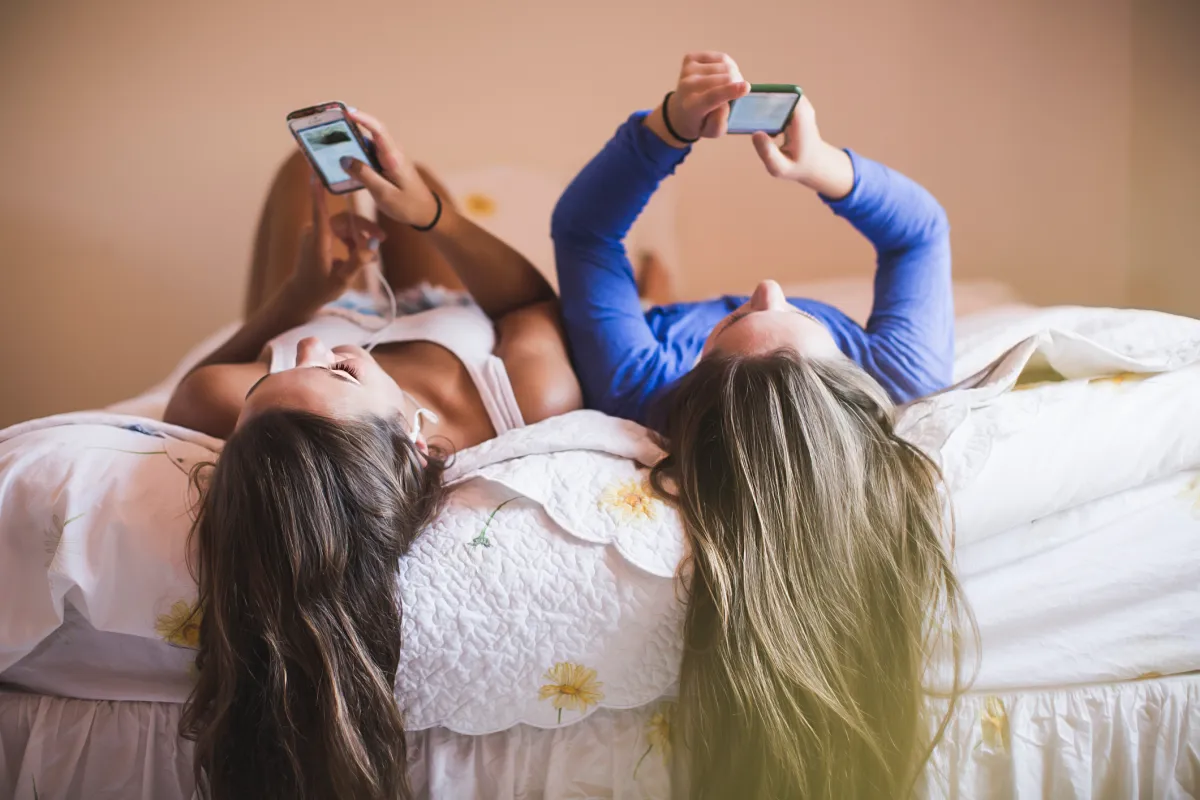A recent study from the Pew Research Center reveals that social media can have positive effects on teen mental health, despite its well-documented risks. While platforms like Instagram have been criticized for negatively impacting body image — with Meta’s research indicating that one in three teen girls feel worse about their bodies after using the app — this study highlights a more complex reality.
According to the Pew survey, 74% of U.S. teens reported feeling more connected to their friends through social media. Additionally, 63% stated that these platforms offer them a space to express their creativity. This suggests that social media can foster a sense of community and self-expression among teenagers, which may counterbalance some of the negative effects associated with online interactions.
The findings are particularly relevant as the U.S. government considers new legislation aimed at improving the online experiences of youth. The data indicates that many teens appreciate the opportunities social media provides for connection and creativity. For instance, a study by the Trevor Project found that 53% of LGBTQ youth of color felt safe and understood on TikTok, with Discord and Instagram also providing supportive environments for 43% and 41% of respondents, respectively. This sense of safety in online communities is linked to improved mental health outcomes, as those who felt secure in these spaces were 20% less likely to have attempted suicide in the past year.
Moreover, the Pew study indicates that 34% of teens occasionally gather mental health information through social media, with 63% deeming it an important source for such information. While the accuracy and helpfulness of the information shared online remain uncertain, it highlights that many teens turn to digital platforms to seek guidance on mental health topics. Interestingly, only 52% of teens reported feeling comfortable discussing their mental health openly with their parents, revealing a gap that social media may help fill.
However, the study also acknowledges the downsides of social media usage. Many teens express greater concern about its negative impact on their peers than themselves, with 48% stating it adversely affects others their age. In contrast, only 14% believe it harms them personally. Despite this perception, social media can disrupt sleep for 45% of teens and hinder productivity for 40%.
Overall, while social media presents certain risks, it can also serve as a valuable tool for connection and self-expression among teenagers. As discussions around regulating teen use of social media continue, understanding these dual aspects will be essential in creating a healthier online environment for youth.



